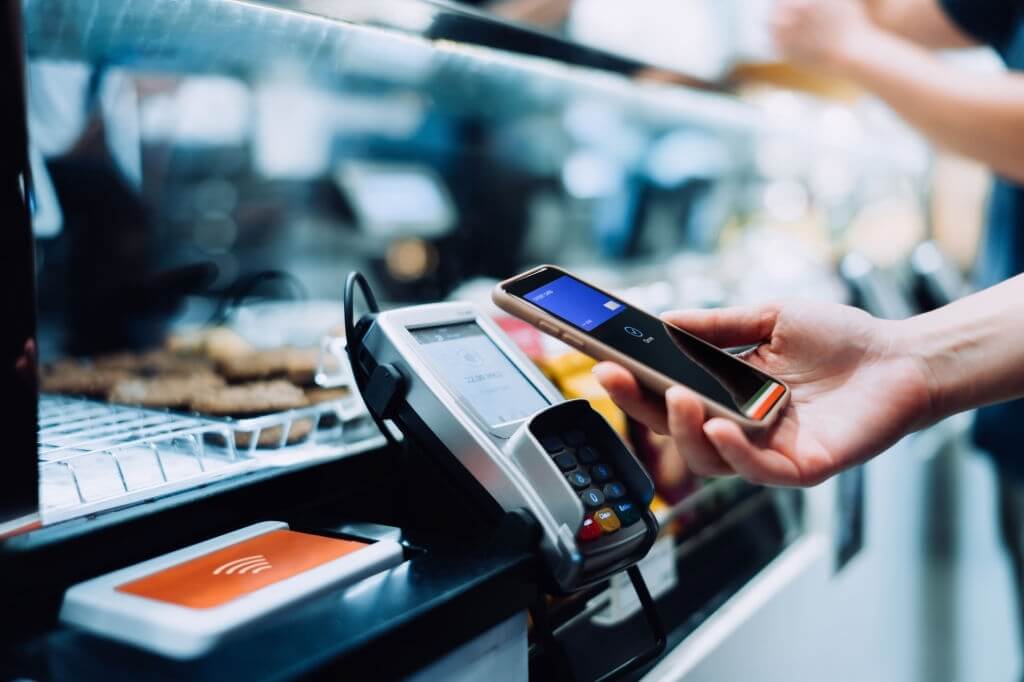Electronic commerce or eCommerce for short in the simplest of terms refers to buying and selling goods and services or transmission of funds over an electronic network. This may include ordering goods online, buying services, subscriptions or even paying bills. e-business is another term often used interchangeably with e-commerce.
The Evolution And Invention Of E-commerce
E-commerce may include a variety of business transactions such as Business to Business (B2B), Business to Consumer (B2C), Consumer to Consumer (C2C), and Consumer to Business (C2B) transactions, etc.

We are so used to the convenience and simplicity of all that it offers that for the majority of us, it would be difficult to imagine modern life without e-commerce. Surprisingly, an industry as deeply rooted as e-commerce is in our lives, it has hardly been a few decades since its inception. From its humble beginnings in the 1970s to its extensive transformation and explosive growth over the years, it has come a long way and is now a major part of the world economy.
Invention Of E-commerce
Ecommerce was an idea born way before the internet even existed. Several researchers claim the first buying and selling transaction ever occurred over a network was for Marijuana.
This is mentioned in the book “What the Dormouse Said: How the Sixties Counterculture Shaped the Personal Computer Industry” by John Markoff and another book “The Dark Net” written by Jamie Bartlett. Both books feature a similar anecdote. As the story goes, in 1971 or 1972, Stanford students using Arpanet accounts at their Artificial Intelligence Lab quietly arranged a commercial transaction with their counterparts at MIT for sale of marijuana.
In 1979, The world’s first teleshopping system was envisioned and invented by the late Michael Aldrich, a British entrepreneur and then CEO of Rediffusion Computers. He connected a domestic TV to the store’s computer using Videotex technology through a telephone line. In 1984, the first use of this system by Jane Snowbell an elderly woman for shopping from a local Tesco store marks the beginning of online shopping.

In 1991 the invention of the World Wide Web opened doors for countless possibilities. Up until its introduction the internet was widely viewed as a place to share information. There was also a ban on online commerce for security purposes and fear of exploitation by advertisers which was then soon lifted around this time by the National Science Foundation. In 1992, Charles M. Stack launched an online bulletin board: Book Stacks Unlimited, where customers could browse books and order by phone.
As per Smithsonian Magazine, the first eCommerce transaction that involved a purchase of items and payment entirely online was in 1994. Wherein a person sold a Sting CD to his friend who in turn paid by entering his credit card information online into a computer using data encryption. The first widely used web browser, Netscape Navigator was also launched in 1994 and was the first browser to include an SSL security protocol allowing for secure online payments in the following years.
In 1994, Pizza hut officially became the first-ever big business to offer online purchases, following which, the popular eCommerce platforms Amazon and eBay were founded in 1995, and by 1996 million and millions of people were having access to the internet which contributed to online sales surpassing billions of dollars.
The first popular eCommerce payment platform PayPal was launched in 1998 and soon became widely used across the country. 1999 marked the launch of the first major online marketplace Alibaba with above 25 million dollars in funding proving the faith of investors in the eCommerce industry growth.
The end of the 20th century saw major advancement in the industry with Google launching Adwords in year 2000 that allowed online retailers to advertise their products. The 2001 census revealed that 70% of the internet users at the time made online purchases during the holiday season.
The first major digital music store, iTunes was launched by Apple in 2003, the same year Google launched Adsense. Beginning with the 21st century, major innovations in the industry were more frequent and hence fueled rapid growth.
The market leader Facebook which was also the first social network to surpass 1 billion registered accounts was launched in 2004 as a simplistic social site. As we all know, it is now playing a major role in the spread of information as well as eCommerce, selling its first ad in 2006.
Coined by Ellen Davis and Scott Silverman the term Cyber Monday following its debut on November 28, 2005, became the first day ever to beat Black Friday’s dominance of the holiday shopping season. It refers to the marketing term for e-commerce transactions on the Monday following Thanksgiving in the US.
This quickly became one of the most lucrative shopping days of the year for eCommerce sites new and well-known alike. The biggest boon to the industry came in 2008, with the possibility of doing online purchases on mobile phones.
By the end of this decade, Ecommerce had grown and was growing at a much faster rate than predicted. Since 2010, many new players have entered the industry where the existing companies continue to come up with newer advanced services.
The eCommerce industry is continuously evolving. China is the top eCommerce market followed by US globally. More than 2 billion people make regular online purchases worldwide and more than 70% of these transactions are done on Mobiles. The last decade itself has witnessed exponential growth and changes in the industry where there’s hardly anything a person can think of now and not find it available to purchase online.
